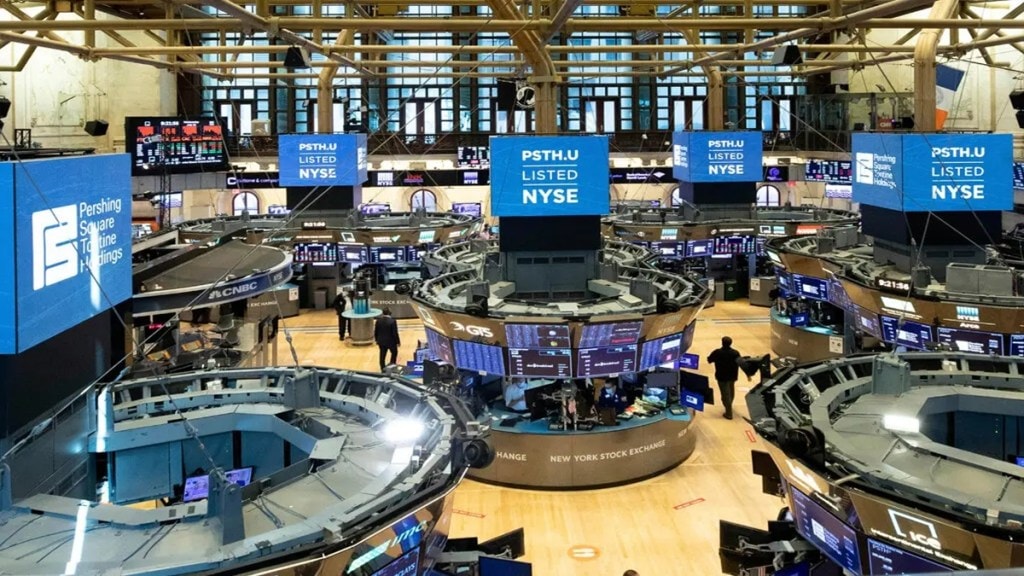Wall Street opened flat on Tuesday, buoyed by fresh inflation data and the start of the second-quarter earnings season led by major banks. In the early hours of trading, the Dow Jones Industrial Average lowered by 131.23 points (0.3%) to 44,320.27, while the S&P 500 rose 32.72 points (0.53%) to 6,301.28. The Nasdaq Composite led the gains, climbing 195.02 points (0.95%) to 20,835.34.
June saw a sharp increase in US inflation, which peaked at a four-month high. Wider price increases, including the effect of tariffs, were the main cause of this increase. According to the Bureau of Labour Statistics’ Tuesday release of the Consumer Price Index (CPI), consumer prices increased by 0.3% in the previous month. As a result, the annual inflation rate increased to 2.7%, the highest level since February. These numbers were in line with what economists had predicted, mostly because of the first petrol price increase in five months as well as increased expenses in important industries for goods and services.The core CPI accelerated even after removing volatile categories like food and gas. The 12-month core inflation rate increased to 2.9% in May, up 0.2% from May. The US Fed has not lowered interest rates since December.
Despite Trump’s opinion that the Fed is already behind schedule in reducing rates, Jerome Powell, the chair of the Fed, would rather play the “waiting game.” US Treasury Secretary Scott Bessent said in a Tuesday interview with Bloomberg Surveillance that a “formal process” is already in place to identify a potential successor to Federal Reserve Chairman Jerome Powell. It would be perplexing if Powell remained at the Fed after his term as chair ended, Bessent continued. Tariff implementation is moving slowly. The tariff war is far from over, though. Indeed, it seems to be just beginning.

